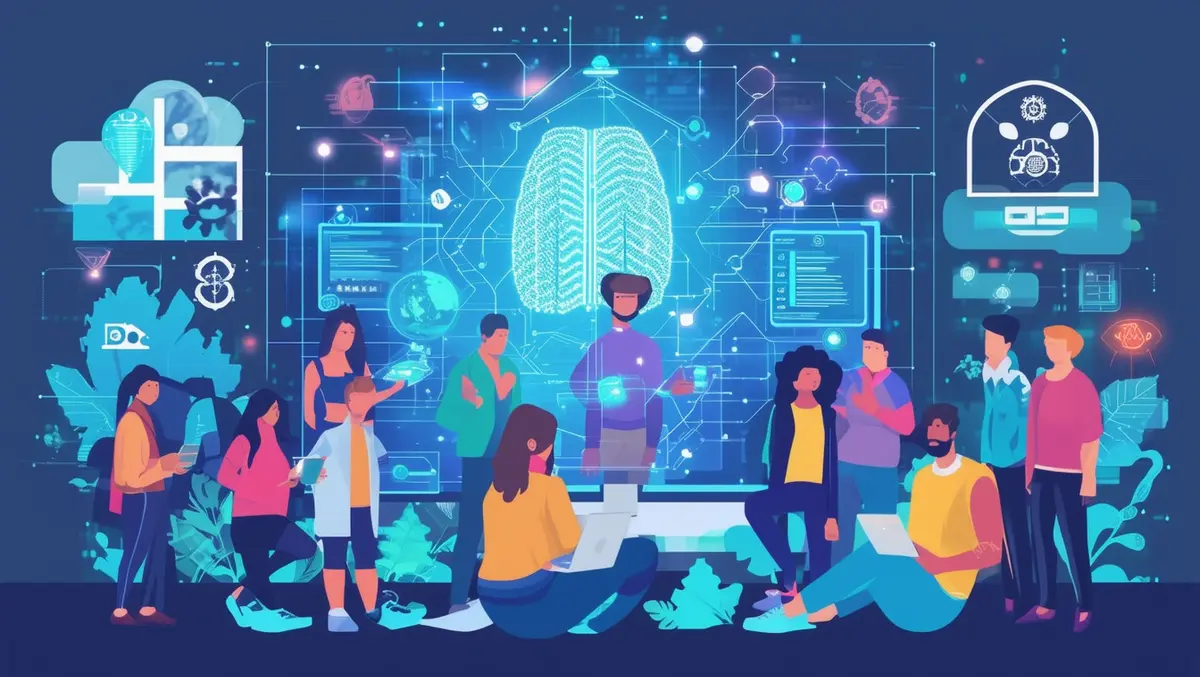
Survey highlights: 83% aware of GenAI, call for eco-transparency
According to a new survey, 83% of UK adults are now aware of or have used Generative AI (GenAI) tools such as ChatGPT, Microsoft CoPilot, and Google Gemini. The survey by the technology PR company CloudNine PR highlights increasing public familiarity with GenAI technology and calls for greater transparency regarding its environmental impact.
Of those familiar with GenAI, 54% know that its expansion could harm the environment due to the heavy energy consumption of data centres, which are predominantly powered by fossil fuels. The survey indicates a strong demand for regulatory measures, with 45% of respondents seeking laws that mandate companies to disclose the environmental and climate change impact of their GenAI systems.
Notably, 10% of regular GenAI users are willing to pay more for products and services incorporating GenAI technology if additional funds are allocated to making the technology more energy-efficient and environmentally friendly. More than a third (35%) of those familiar with GenAI also feel that tools like ChatGPT should remind users about their environmental impact to encourage responsible usage.
The survey found that 27% of UK adults have tried using at least one GenAI tool, while 11% use at least one tool regularly. The findings reflect a growing recognition of GenAI's potential environmental cost, with 19% of respondents expressing distrust in GenAI providers to manage and reduce their environmental impact responsibly.
GenAI systems are known to be highly energy-intensive. Research by Morgan Stanley suggests that power demand from generative AI could increase by around 70% annually until 2027, driving a significant need for additional data centre capacity. By 2027, the energy consumption of generative AI might equal the electricity used by Spain in 2022. Processing a single GenAI request is estimated to consume around ten times more electricity than a simple Google search, highlighting the significant energy demands of these systems.
Should the global daily volume of Google searches, which stands at 9 billion, be replaced with GenAI requests, it would result in a significant increase in electricity demand—comparable to the annual consumption of around 1.5 million European Union residents. The anticipated rise in energy consumption and its potential environmental cost underscore the need for interventions by both the technology industry and regulators.
Efforts to address this issue are already in motion. Leading technology companies, such as Salesforce, have expressed support for legislation that requires standardised methods for reporting the carbon emissions of AI systems. In February, US Democratic lawmakers introduced the Artificial Intelligence Environmental Impacts Act of 2024 to establish standards to measure and report AI's environmental impact and create a voluntary framework for AI developers.
Such legislative measures could incentivise major technology firms and data centre operators to adopt more sustainable practices, such as using energy-efficient servers, environmentally friendly cooling methods, and renewable energy sources.
Uday Radia, owner of CloudNine PR, remarked, "Generative AI has huge potential to make our lives better, but there is a race against time to make it more sustainable before it gets out of control. Our survey indicates that consumers are starting to recognise this challenge. And while our actions as individual users may seem insignificant, more than a third (35%) of those familiar with GenAI believe it would be helpful if GenAI tools such as ChatGPT reminded users about their environmental impact every time they logged in to encourage more responsible usage."


